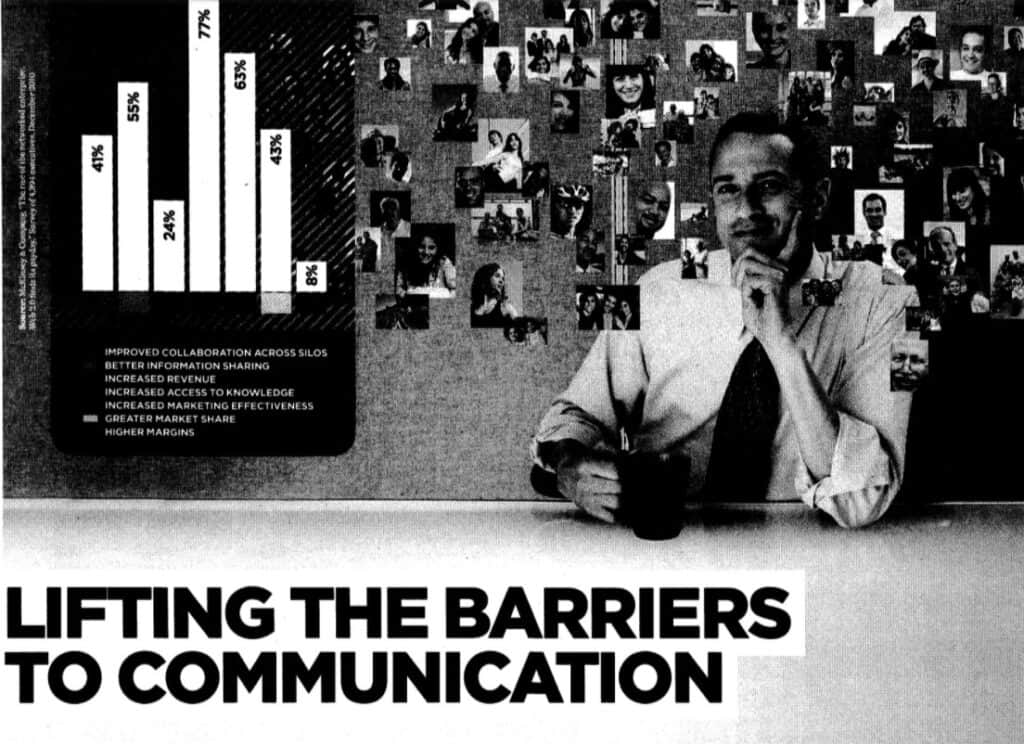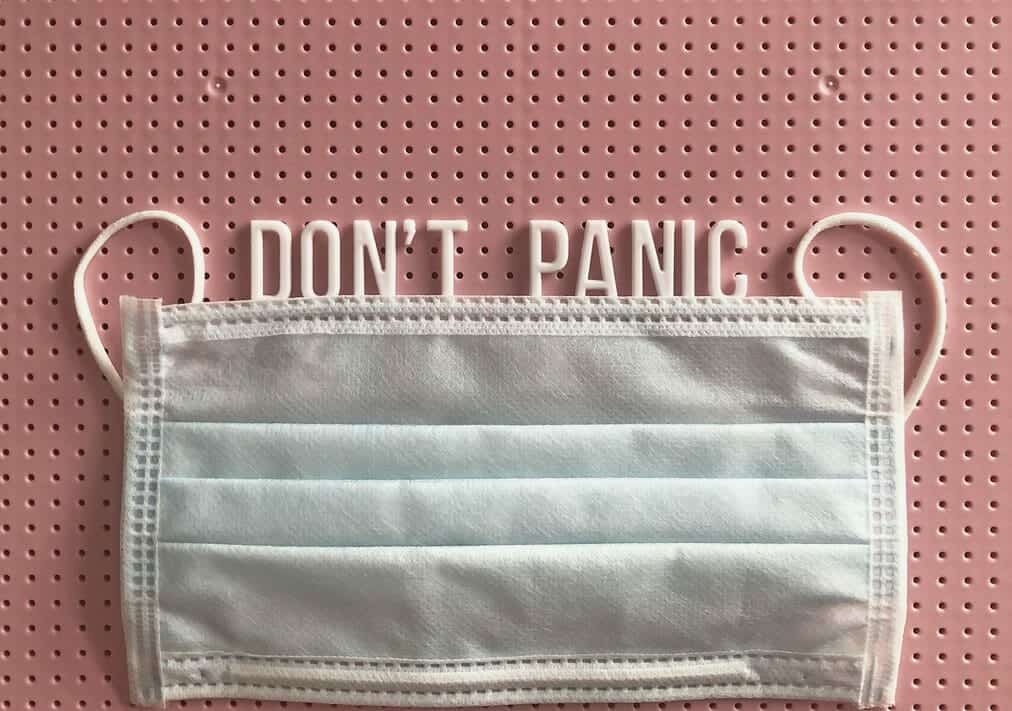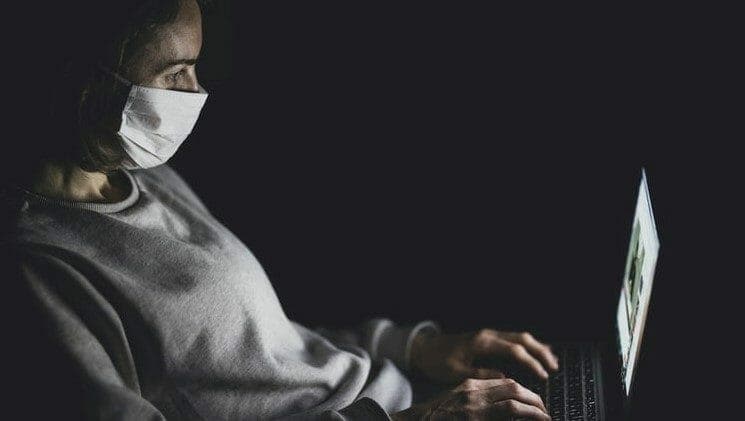│By Evelyn Moran, Gale Ambassador at the National University of Ireland, Galway│
Evelyn conducted the following interview with Madi, also a student at the National University of Ireland, Galway, in early 2021. Madi explains the difficulties and challenges she’s experienced studying during the pandemic, and outlines how it’s affected her studies as well as wider university life.
Madi uses she/her and they/them/their pronouns and is a member of several student societies at NUI Galway. She is studying several Arts subjects. This interview was conducted remotely via a social media app.
Moving to Studying Online
Evelyn: NUI Galway students found out very close to that start of the current academic year that most classes in Semester One would be online, due to the pandemic. Later, we were told we would be mostly online again this Spring. Would you say this has impacted you, and if so, how? Did you decide to stay in student accommodation or at home this year?
Madi: Yes, I would definitely say this impacted me. At first it reduced a lot of anxiety I had regarding possibly catching Covid-19, since I’m at risk as I have respiratory issues. However, as the year progressed, it began to have an effect on my mental health as I decided to stay at home to save money, so I have been spending the majority of my days at home alone. Being nearly entirely separated from friends, and society in general, has made every day very repetitive and thus harder to find motivation.
Evelyn: The Hardiman Library (NUI Galway’s library) has been operating under restricted opening hours, with strict booking requirements. Have you made use of this? Have you used the library website for study?
Madi: I have not used the restricted opening hours or booking requirements, mostly because I live in a different county in Ireland and due to pandemic restrictions I cannot cross county borders. I have used the library website to help with essay research and preparation and also to do some assigned reading, but it’s definitely been hard to adapt to reading everything online.

Online Sources and Lectures
Evelyn: What kinds of online resources – like Gale Primary Sources – have helped you this year? Have you found yourself using more of them than you expected?
Madi: Yes, I’ve relied a lot on online resources, such as Gale Primary Sources, the library website, the Perseus digital library, Google Scholar, and other educational websites. I use a wide variety of websites as I’m studying three subjects, and yes, I am using them more than expected. Ordinarily I find it hard to concentrate on screens, so obtaining a physical copy is easier for me to learn and retain information from. Although, in this situation, I am very grateful to have online resources, as I have no access to physical copies of many of the books or articles I need.

Evelyn: How have you found attending online lectures? How would you compare it to in-person teaching?
Madi: I try to always attend online lectures live, as they’re scheduled, in order to keep on top of things. It makes the workload easier to manage. I personally prefer in-person teaching, primarily because I find it hard to focus on screens, and it’s easier for me to concentrate in an educational environment. When I’m at home, it’s hard to remain in the mindset that I’m attending a college lecture, rather than just watching a YouTube video, or listening to a podcast.
Social Life during the Pandemic
Evelyn: We’ve been seeing a lot of advice about mental health and the effects of isolation during lockdown. Has it been difficult to stay in touch with friends? Has being in a student society helped?
Madi: I wouldn’t say it’s always difficult – it’s been easy to stay in contact with old friends as we’ve known each other for many years, and therefore already understand each other. However, when meeting new people in university it’s a lot harder to properly bond, as everything is done through group chats and online apps. I also have unreliable internet, which makes it harder to join video calls that my friends arrange.
Being in a student society wasn’t something I originally planned on doing, but I suppose I got charmed into it! It’s something I’m very thankful for, not just because I get to share my hobbies and passions with other likeminded people but as I am on the committee for a society, it’s greatly increased my confidence in sharing ideas via an online platform – something which has also positively impacted my confidence in one-to-one meetings and group work undertaken for my course.

“Loneliness and social isolation lead to depression.” Times, 28 Oct. 1999, p. 44. The Times Digital Archive, https://link.gale.com/apps/doc/IF0501310189/GDCS?u=nli_ttda&sid=GDCS&xid=d5fba369
Technology
Evelyn: Student societies at NUI Galway are meeting via online apps like Zoom and Discord this year. Have you had any struggles with this?
Madi: Yes,I have had a few issues – mostly technical issues. Sometimes it’s because of the apps themselves; nothing is perfect so occasionally they crash or can’t take the amount of people in the meeting. At other times, the problem is on my end, as my internet is making it difficult to participate. Luckily, we’re an incredibly adaptable group and have managed to work around problems, and support people having problems to ensure they always feel included in meetings.
Evelyn: Some lecturers have advised we make a chat group for our classes. Have you taken part in any of these?
Madi: Yes! I’m in many group chats for different subjects. Currently I would say I’m in maybe eleven group chats for college issues; five of which are for society groups, the other six are for specific subjects I’m in, or just general college groups containing a variety of people doing multiple different degrees. They’ve all been very helpful – many people are extremely happy to help others when it comes to questions and advice, even providing resources for the subject if they have them.

Clare Gascoigne. “Lifting the Barriers to Communication.” Times, 13 Dec. 2011, p. 6[S1]. The Times Digital Archive, https://link.gale.com/apps/doc/IF0504315413/GDCS?u=nli_ttda&sid=GDCS&xid=5b8cbebd
Evelyn: Lastly, do you have any advice for other students who have been struggling because of the pandemic?
Madi: I’m not sure I can provide much advice that they won’t have heard before. I think the most important advice I would give is not to try and hold yourself to other people’s standards. Everyone is going to react differently to difficult circumstances, you can only do your best – and that is always good enough. Don’t let anyone tell you otherwise! You’re surviving through a global pandemic; you deserve to do what you need to take care of yourself. Oh, and remember to drink water!

With thanks to Madi for her time answering Evelyn’s questions, and for providing insightful advice. We think her advice for students during this pandemic is useful to all of us!
If you enjoyed reading this student interview, check out Emily Priest’s Top 10 Tips to Ace your Dissertation or Lily Cratchley’s interview with a university Lecturer who provides some great advice on how to handle primary source archives.
Blog post cover image citation: Image by Engin Akyurt on Unsplash.com https://unsplash.com/photos/hkd1xxzyQKw


